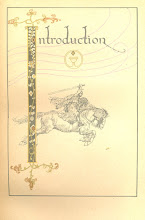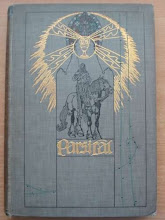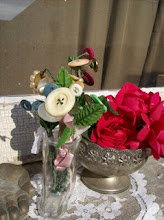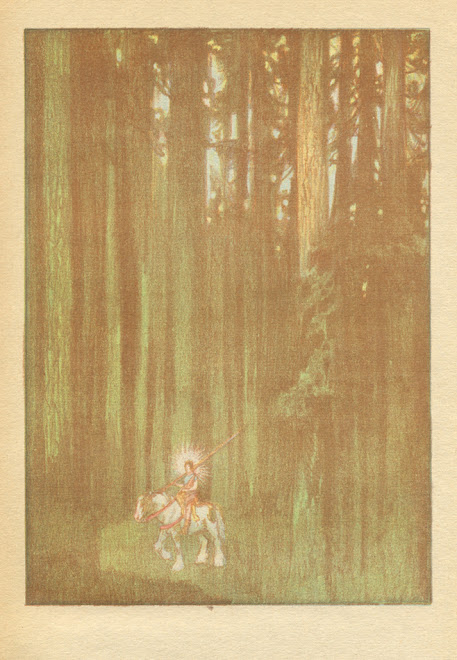The Dionysos book I am reading is called Dionysos: Archetypal Image of Indestructible Life, by the Hungarian classicist Carl Kerenyi. It's a very scholarly book, but is written so well that it goes fairly fast. Kerenyi was a friend of Carl Jung, always a favorite of mine, and I love classical studies. This book is remarkable. Kerenyi was a great scholar, and wrote a definitive book on the Eleusinian Mysteries, which also involved Dionysos. The god is a misunderstood one. Nowadays, he seems to stand mostly for addictive intoxication and wild behavior, witness The Doors' Jim Morrison. That was one aspect of his ethos, but he is really one version of the god archetype of a great mystery tradition, wherein the divinity of plant life is consecrated. According to Kerenyi, he is commensurate with both Zeus and Pluto, in their cthonic aspects: as a plant representative, Dionysos dwells partly underground, where seed germinates. Kerenyi found that he symbolizes or embodies the unstoppable life force that creates both plants and animals. He has a sacred marriage with a goddess, sometimes called Ariadne, sometimes Persephone or Rhea or Demeter, but the same Great Goddess no matter her name. Kerenyi also found that the Minoans on Crete were the earliest worshippers of both this god and his marriage, and that their art's bull-god and snake-goddess imagery is directly related to him, as the symbols of spermatozoa, embryo and full-grown man that mark the god's evolution in the myths associated with him.
One of the most striking things about this text is that in the introduction, Kerenyi says that he got the idea for the book in 1931. It was not published until 1976, three years after the author's death. Apparently he was working on it until near his demise. That is inspiration for the slowest among us - forty-five years is a long time for one project, but worth it if it's completed in the end. I sometimes feel like my books have taken nearly that long, but it's only been ten years since I started on them. One of my favorite things Carl Jung ever said was in response to a question. I forget what the person wanted to know, but Jung said in reply, "I recommend a course of study of several years." In other words, find your own answer, coupled with a warning that it would take a while to do so. I've thought of that many times, and used it to motivate myself through some very slow patches of research and writing.
Tuesday, April 8, 2008
Subscribe to:
Post Comments (Atom)









No comments:
Post a Comment